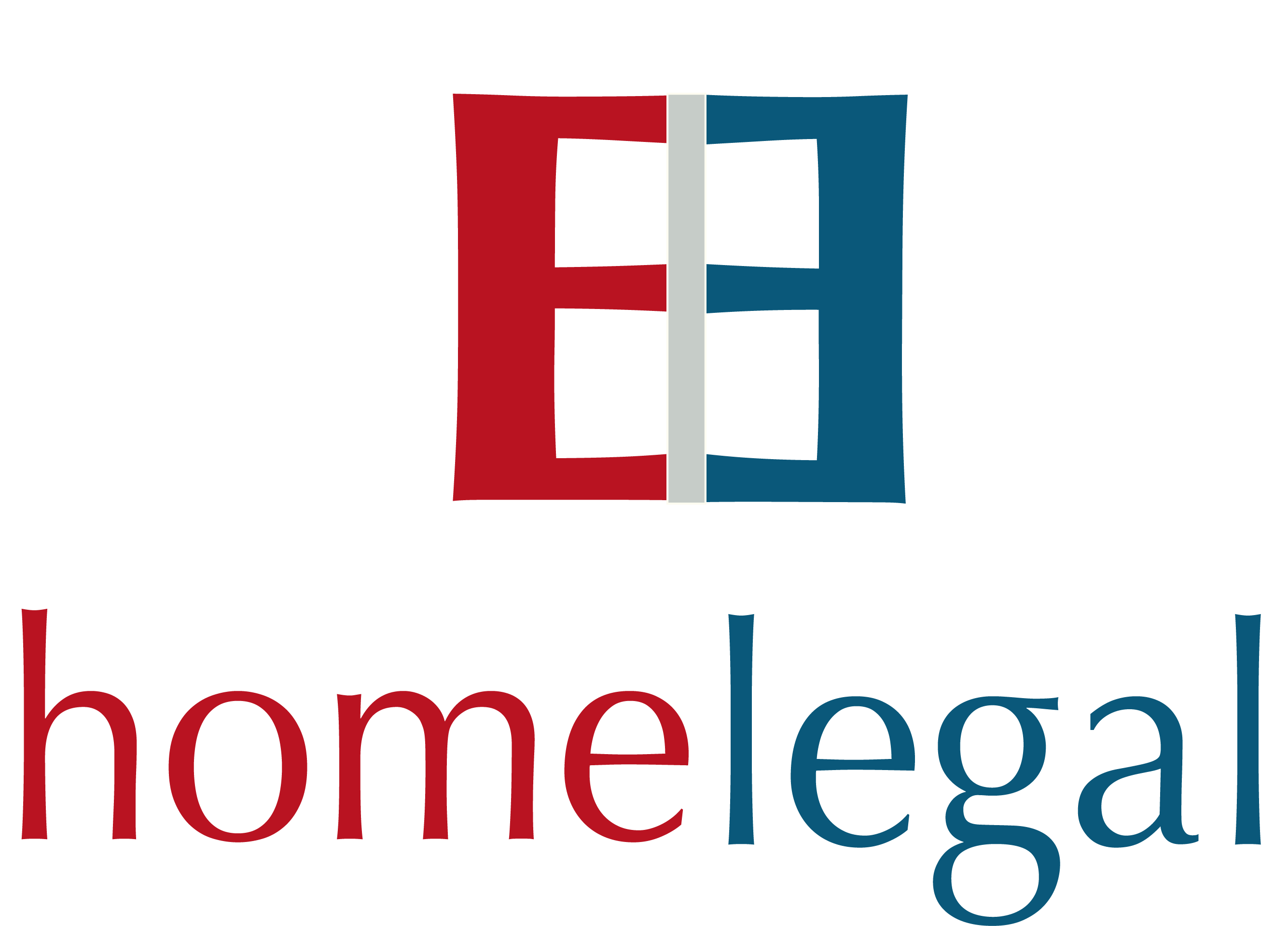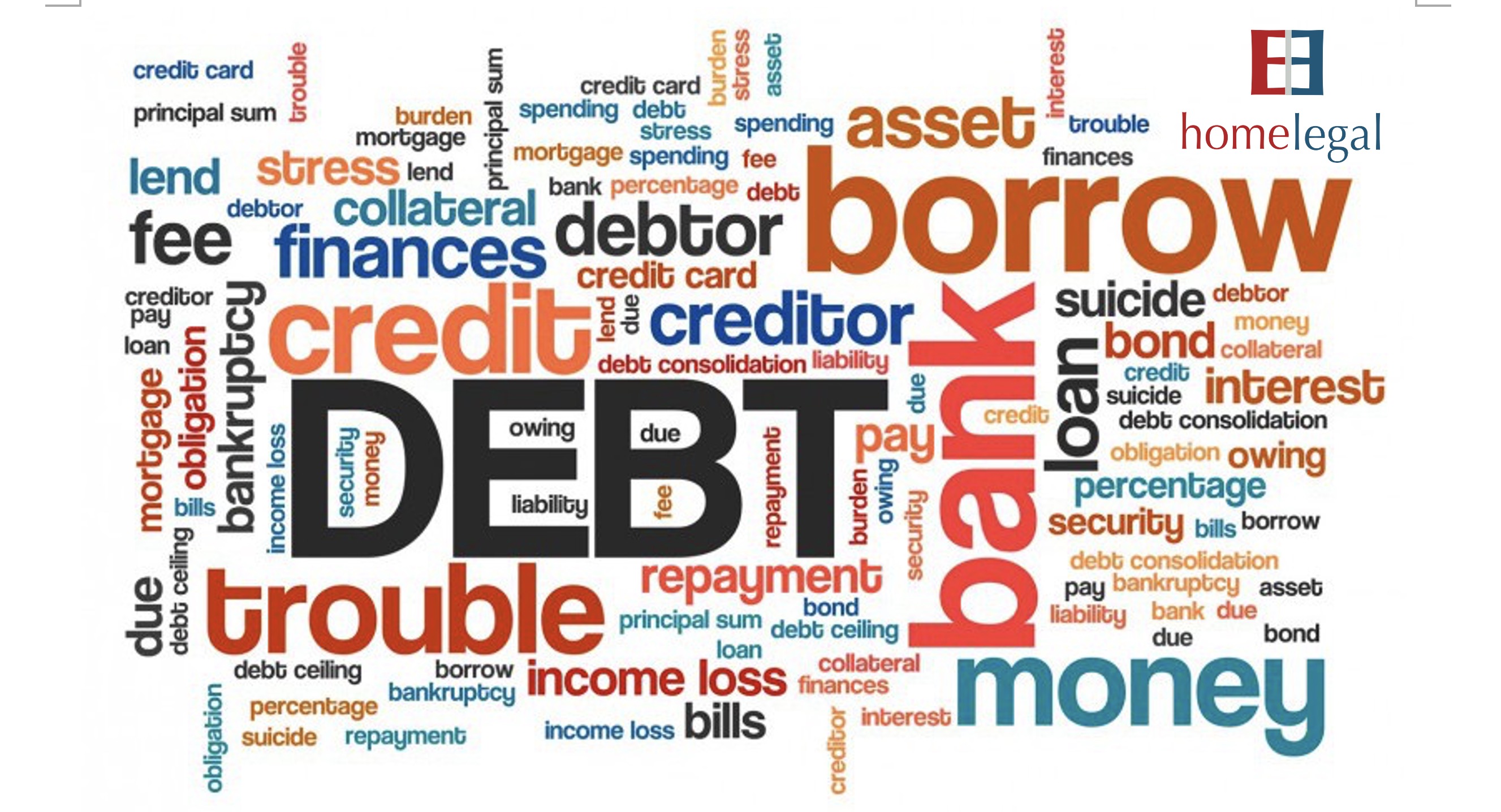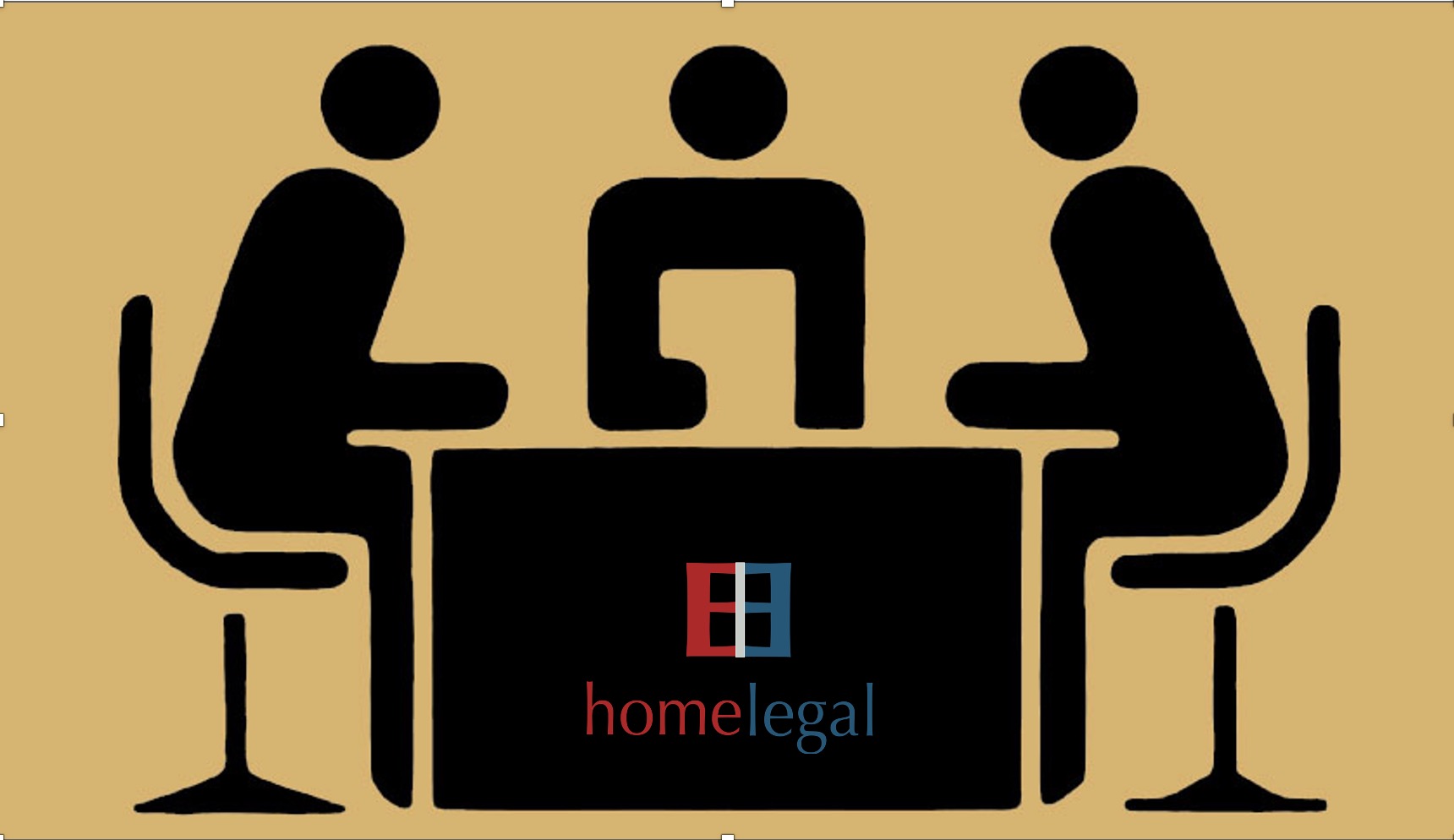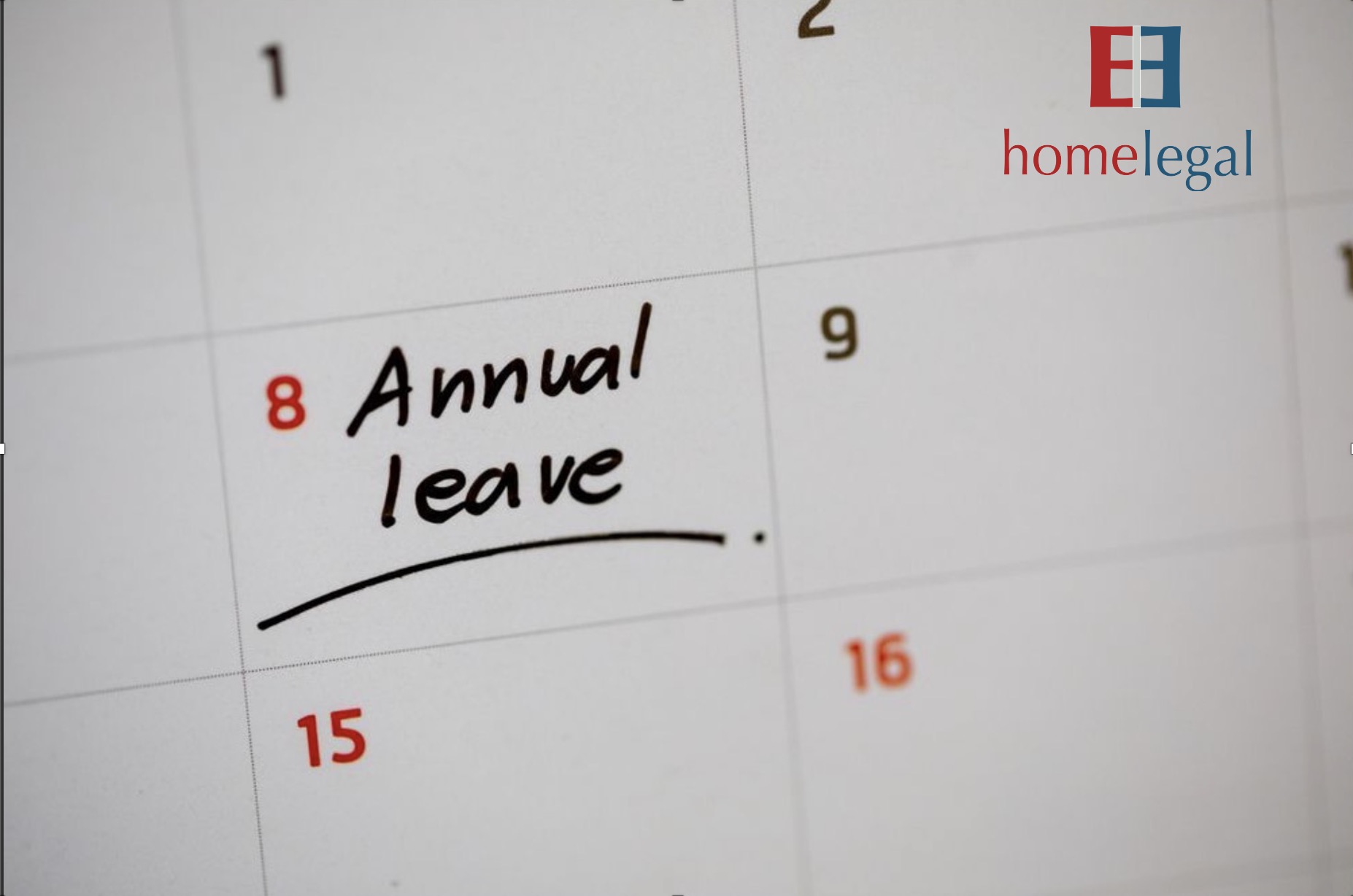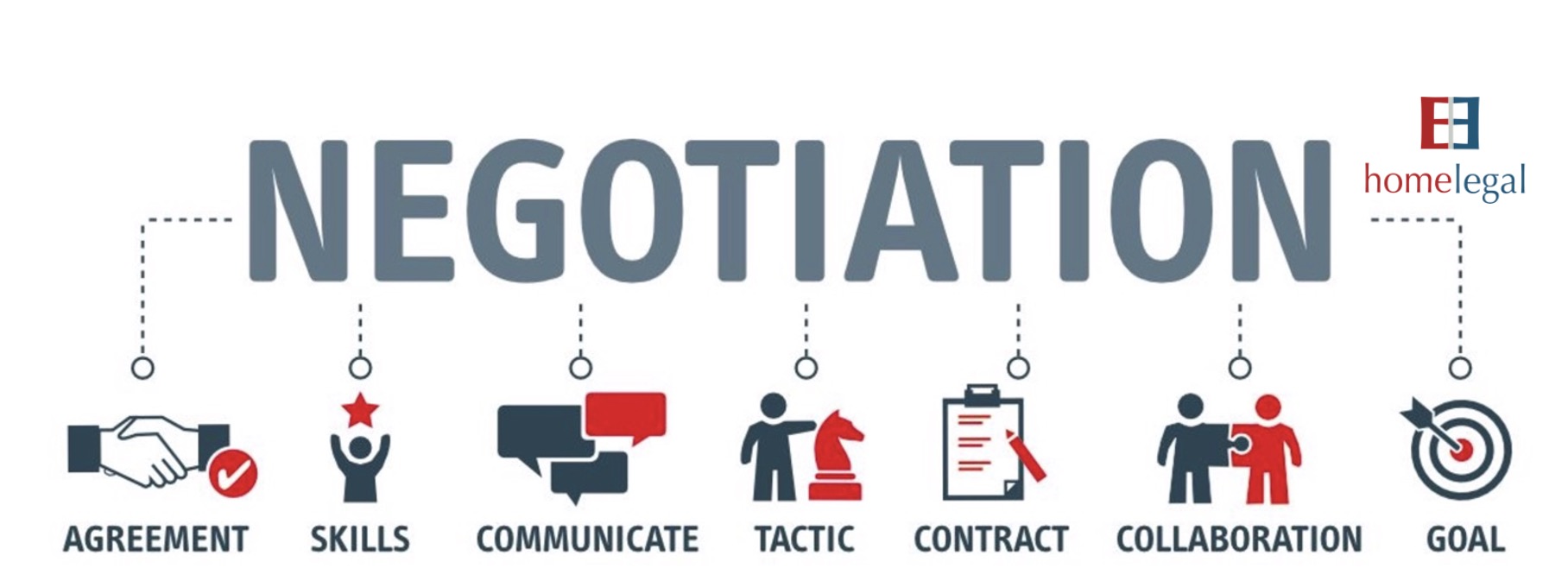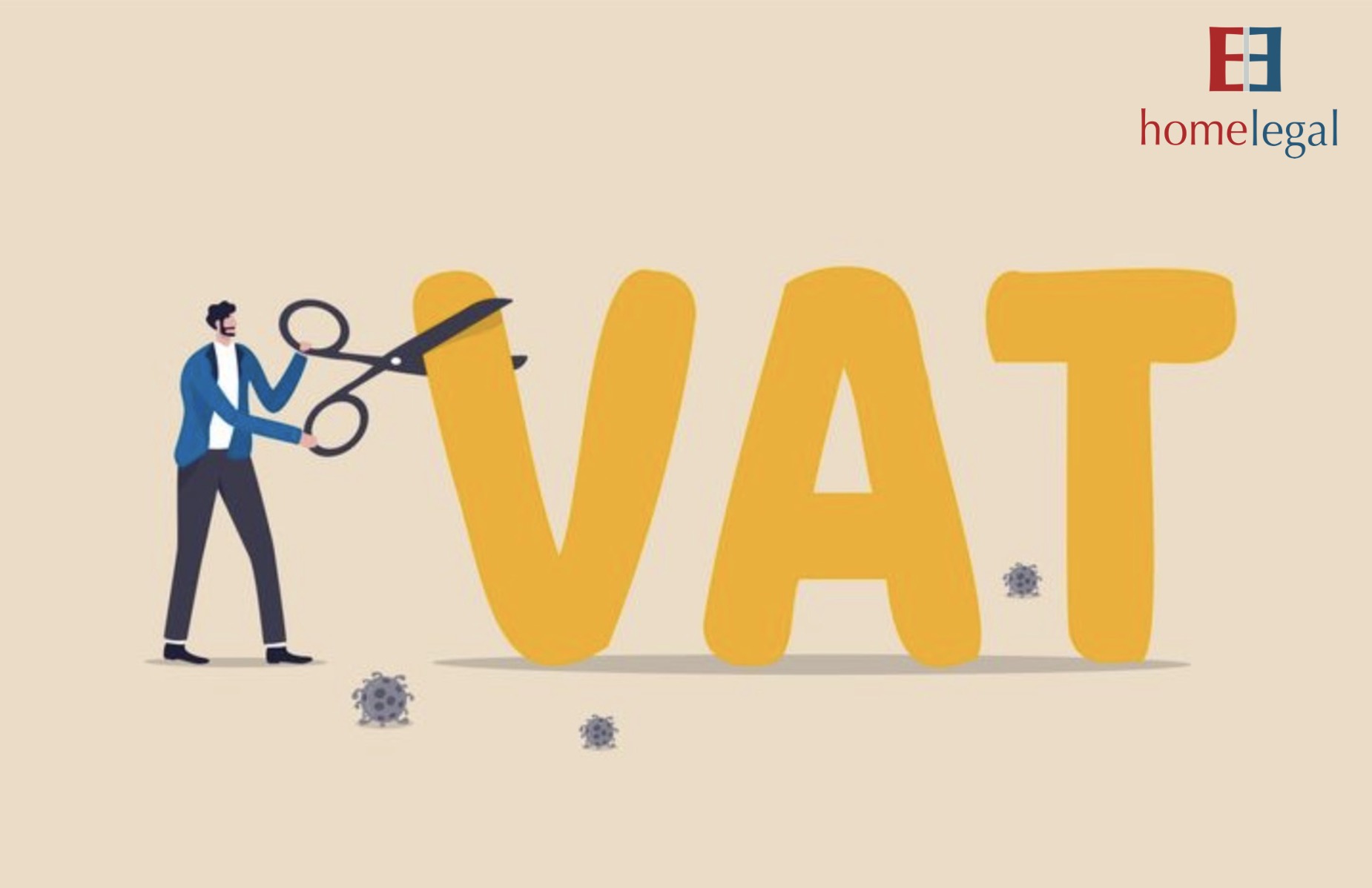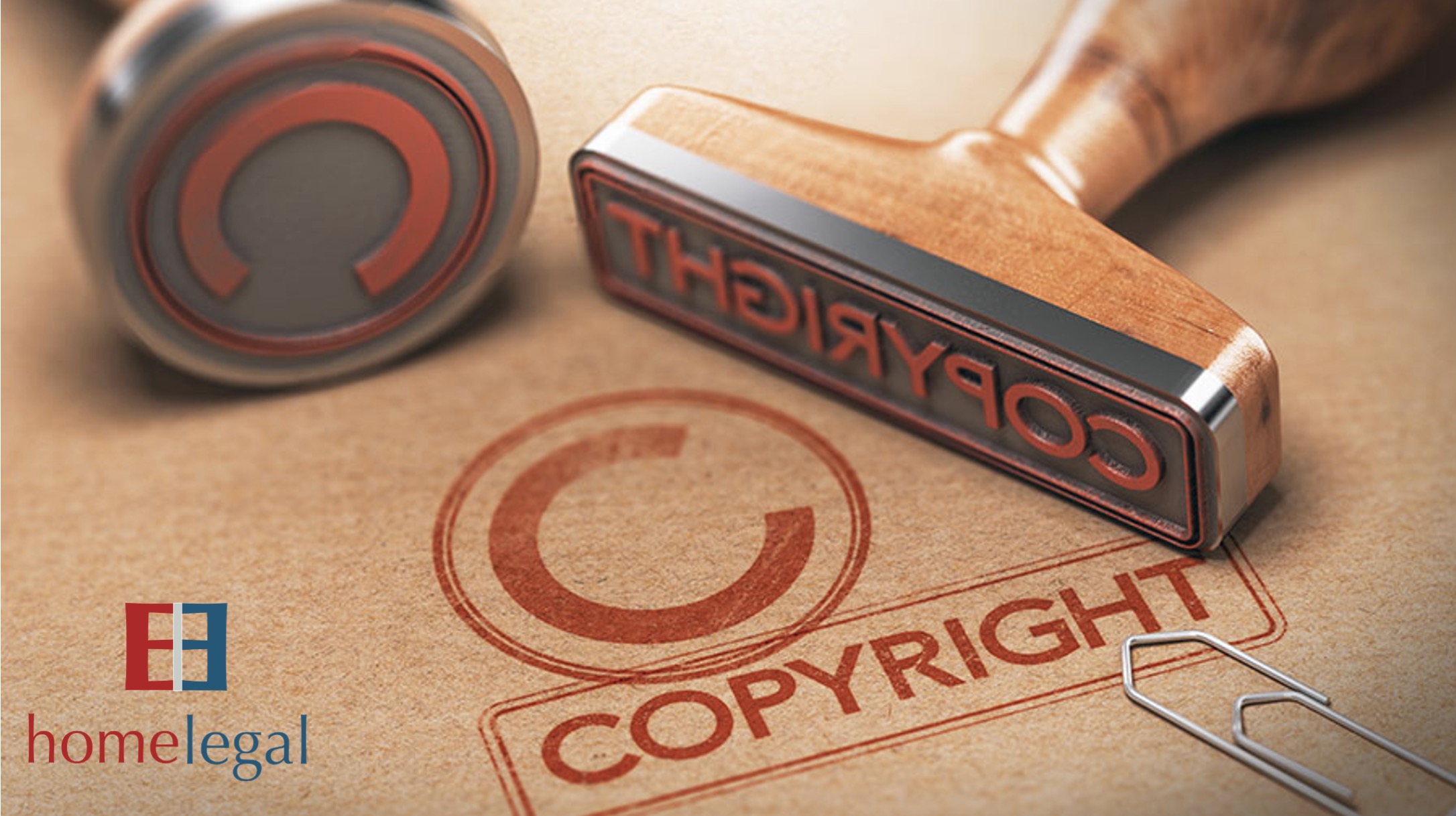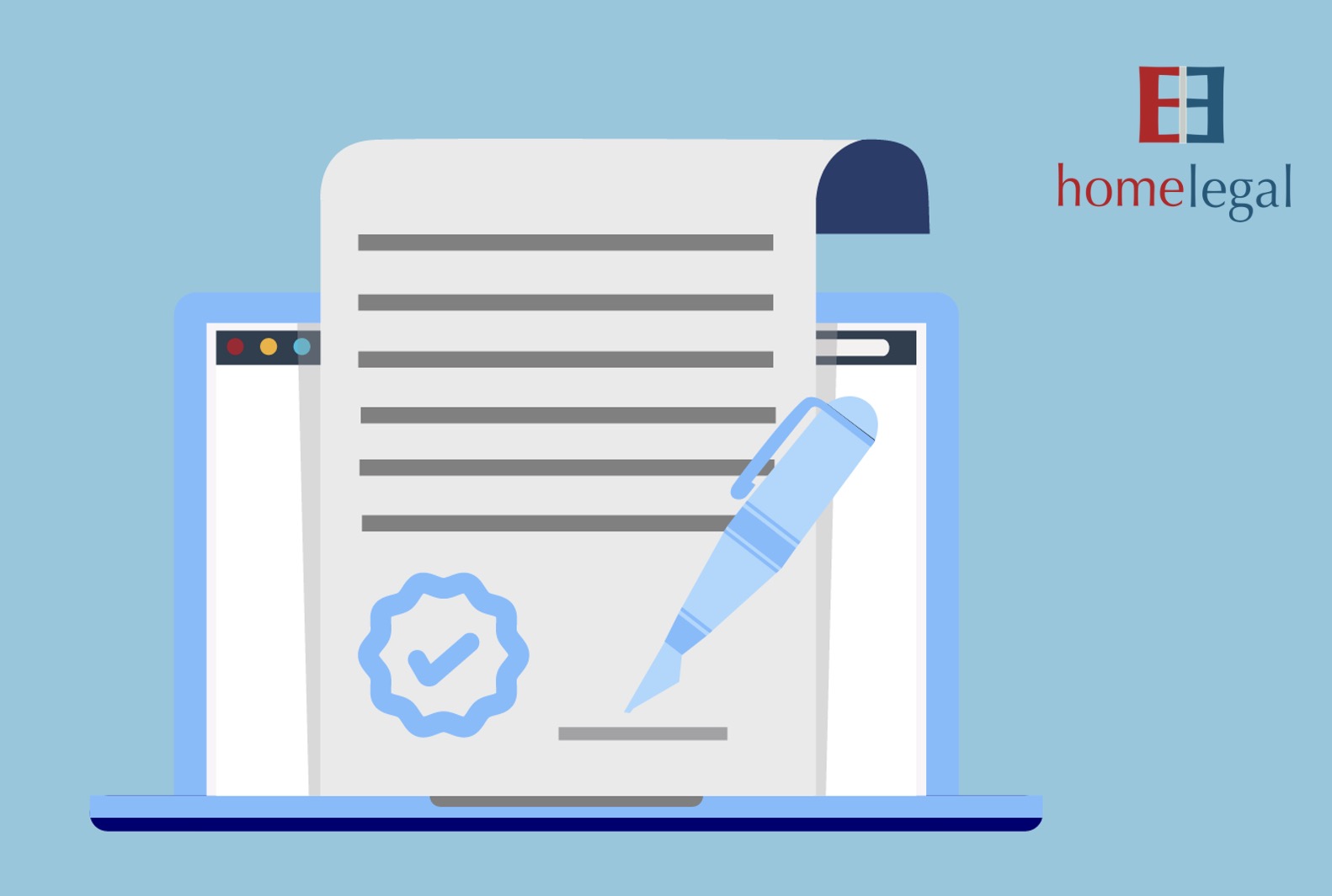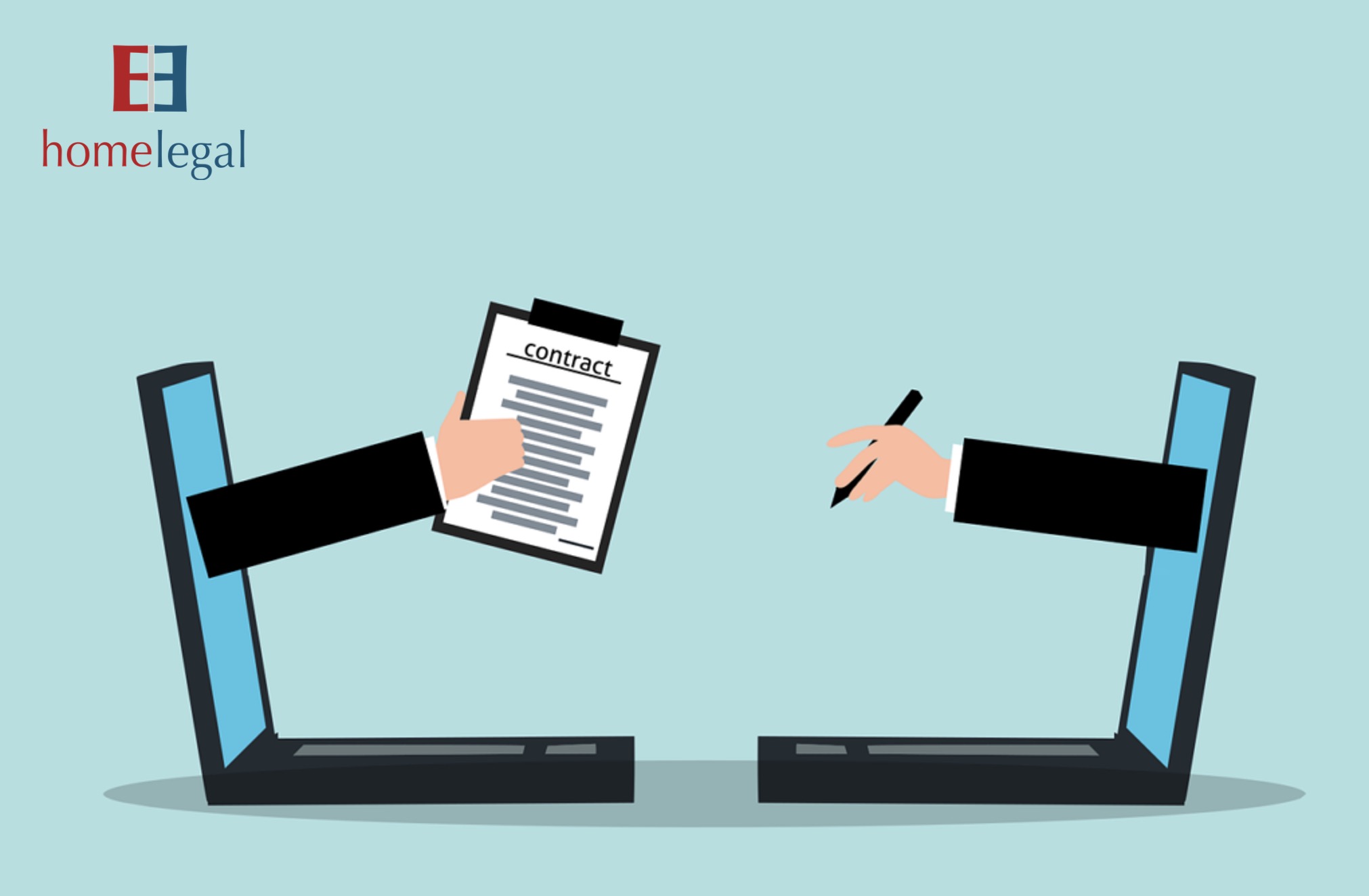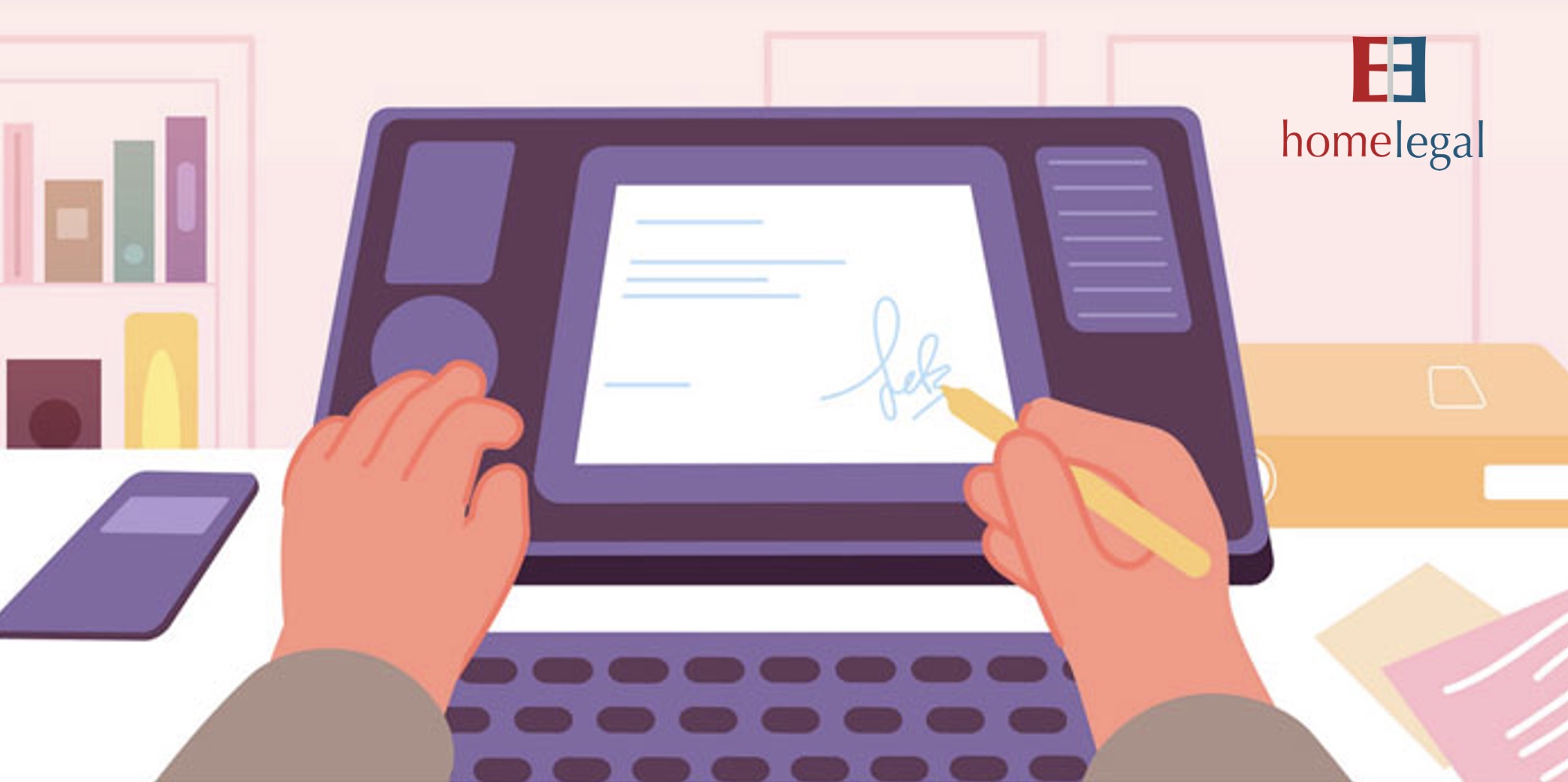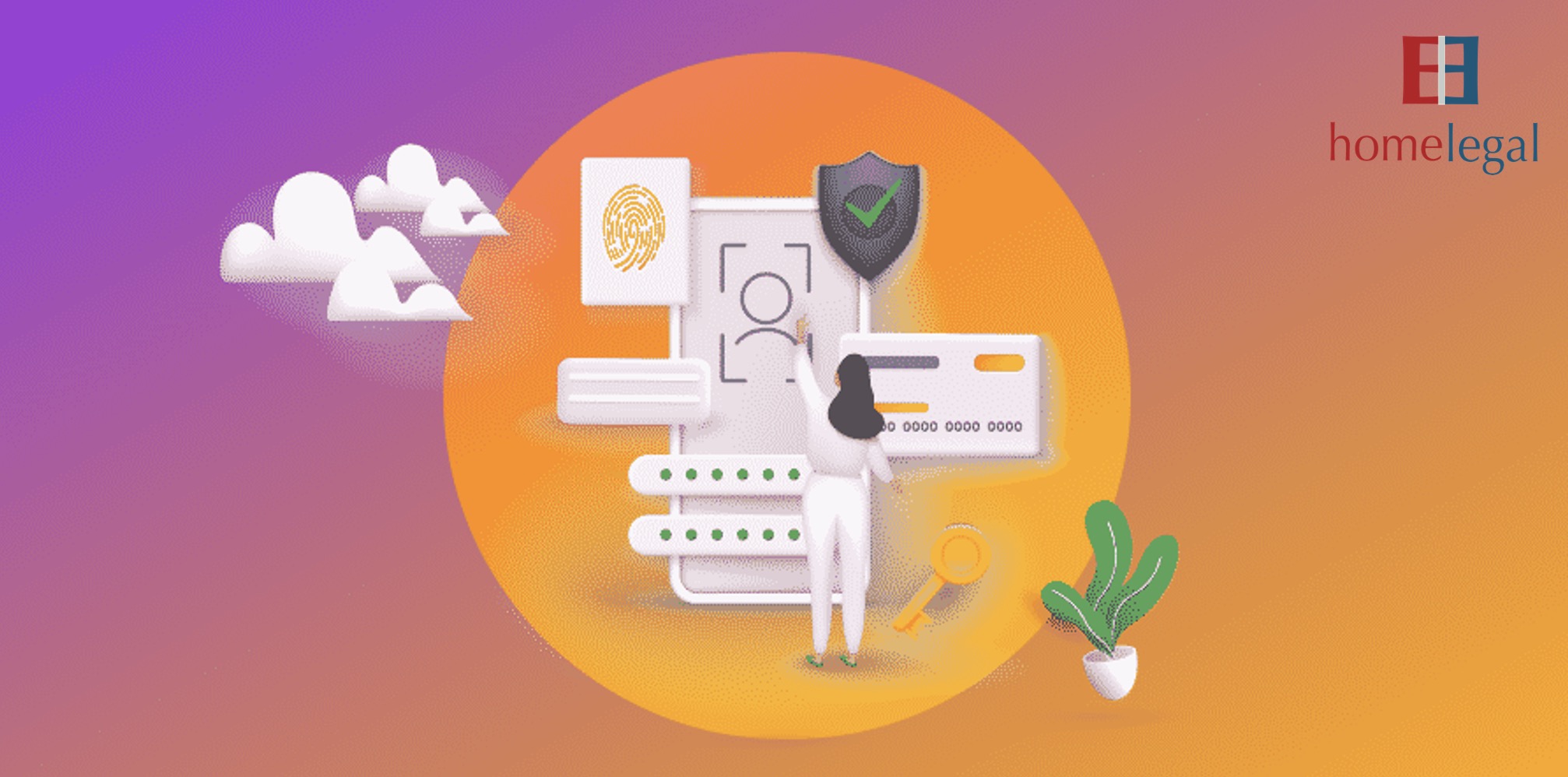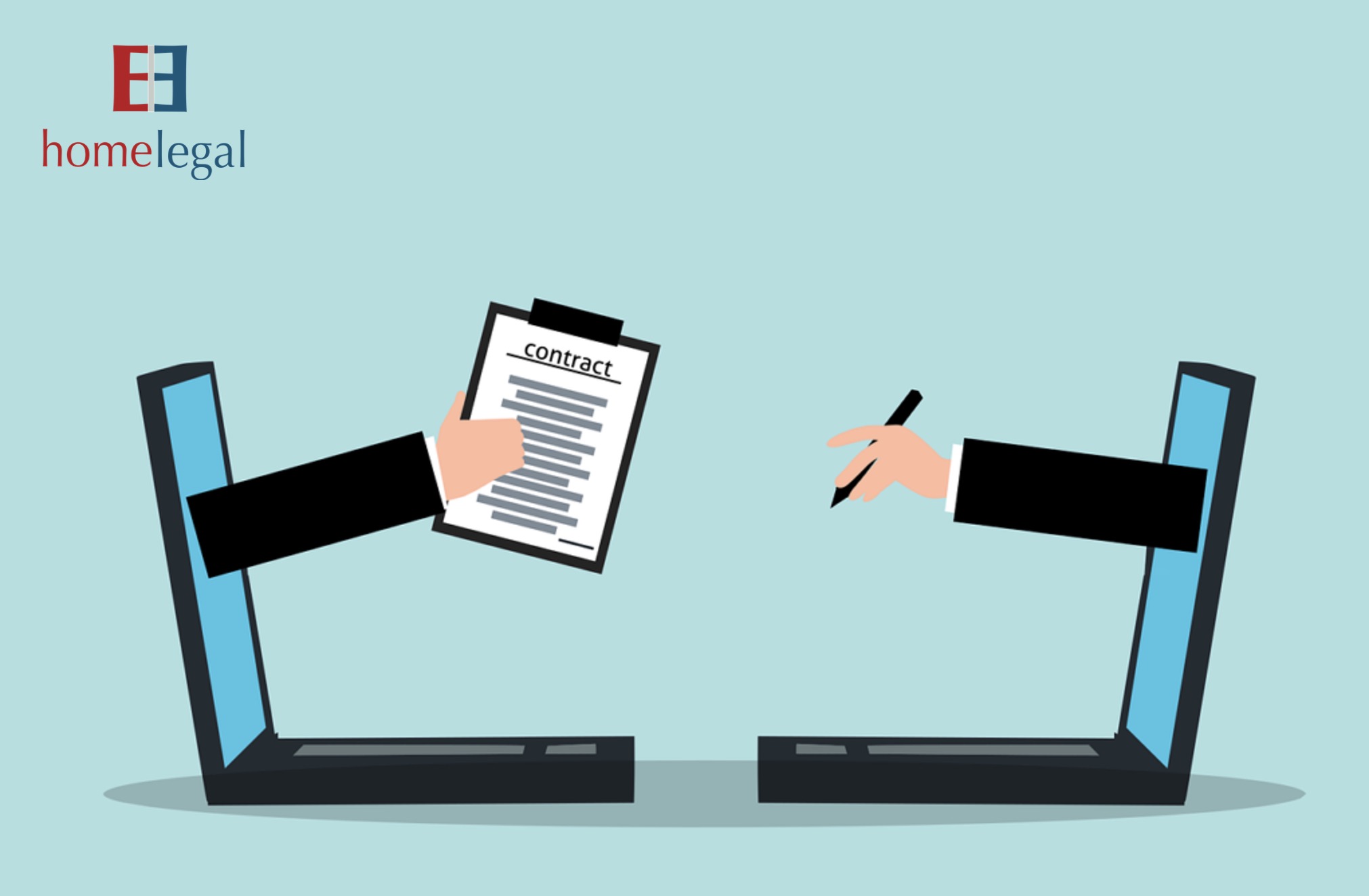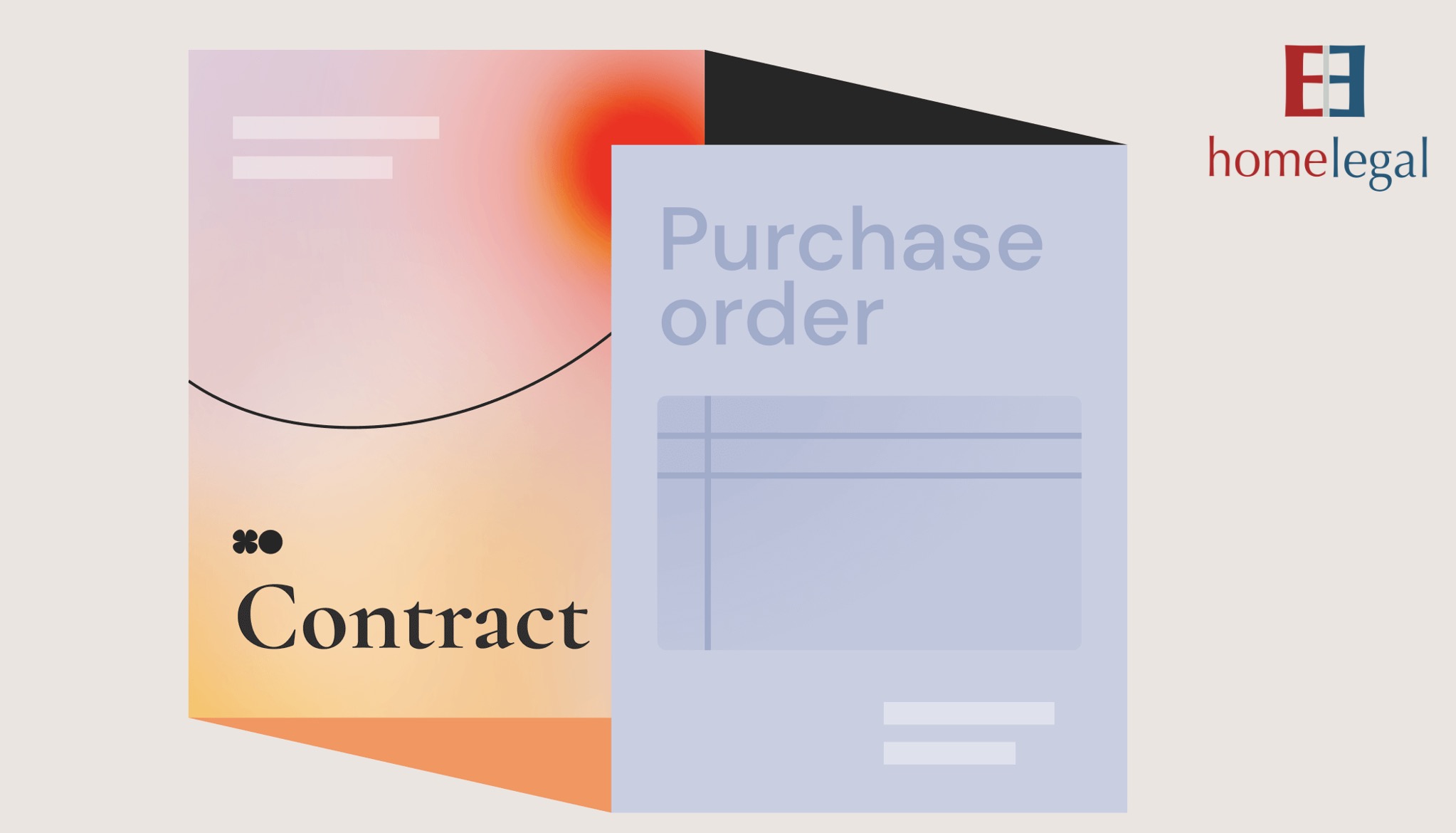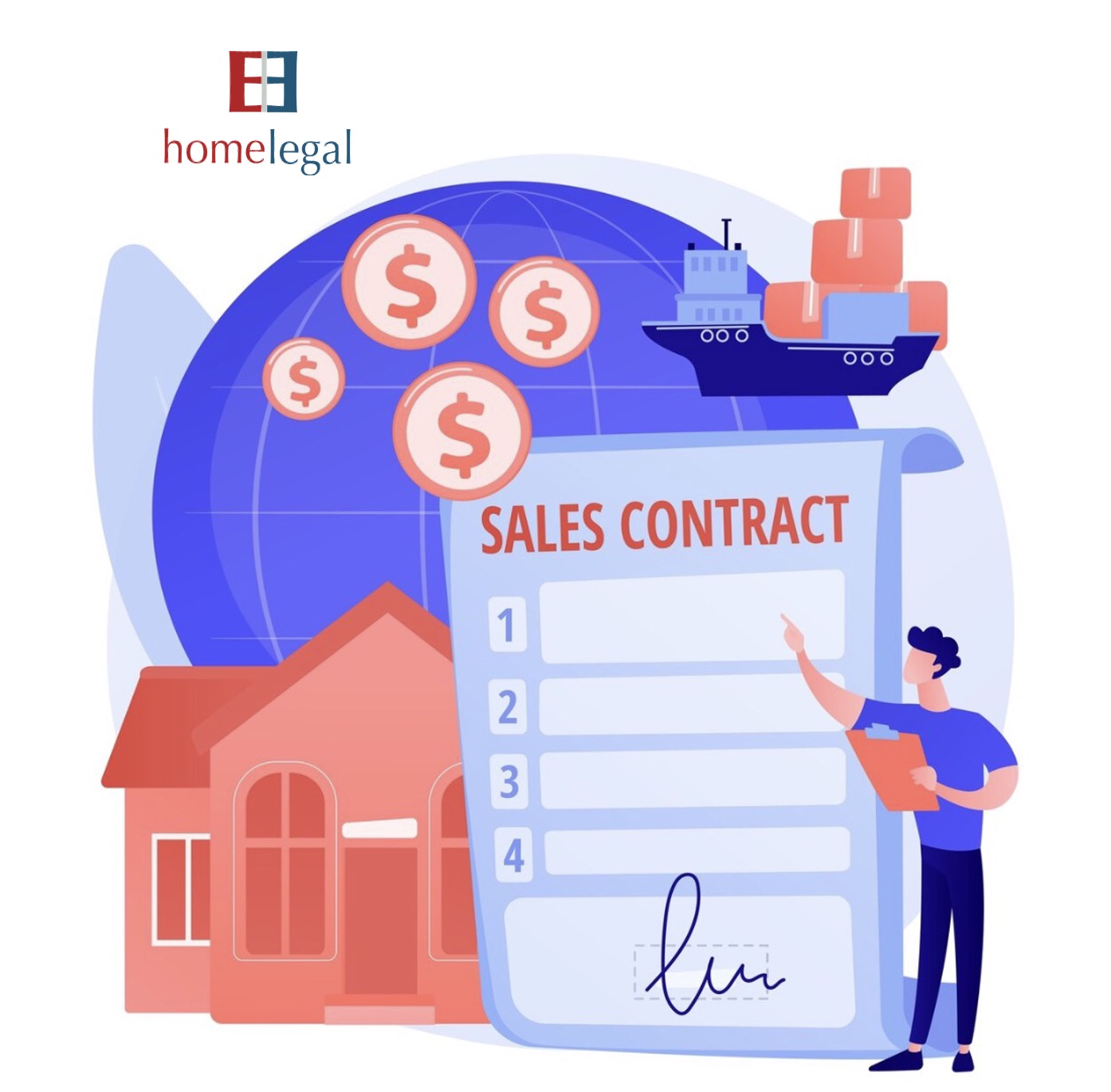What should you keep in mind when filing a lawsuit?
First, ensure that the statutory limitation has not expired.
The statutory limitation for filing litigation under the 2015 Civil Code is three years from the time individuals, entities, or organizations discover that their legal rights and interests have been violated. Upon receiving your petition, the court willexamine the statute of limitations for filing a lawsuit only upon a request by a party to dispute.
Second, file the lawsuit petition in a competent court.
There are two things to consider while choosing a court for dispute resolution. The first is territorial jurisdiction, while the second is tiered jurisdiction. Filing a case in the wrong court will result in time and effort being wasted.
Third, the petition must be comprehensive and accurate.
A lawsuit petition for debt collection should include the following:
· The petition.
· Loan paperwork and any supporting documentation.
· A certificate from a state agency stating the defendant’s residence and place of employment.
· Individual identification documents or articles of incorporation (for organizations).
· Other related documents (if any).
Typically, the petition must include the following:
• The information on the plaintiff and the defendant must be accurate and complete.
• The case summary should clearly identify the major facts pertaining to the debt and the parties’ performance of the loan/debt.
• The claim section should specify the legal basis for each claim, each obligation that the defendant must fulfill, and any other applicable remedies, such as the principal amount, late payment interest, compensation, damages, and costs incurred in connection with the claim, such as attorney fees, and out-of-pocket expenses such as fees for interpretation, notarization, etc.
Prerequisites for filing a lawsuit
Step 1: Confirm the borrower’s information
It is important to check the borrower’s place of residence, employment, and financial standing. Occasionally, it is necessary to obtain the borrower’s viewpoint on the debt collection request.
If the statute of limitations for your case has run out, the Court will reinstate it based on the borrower’s confirmation of part or all of the debt.
Step 2: File a lawsuit with supporting evidence in court.
The petition, along with supporting documents, should be filed with the competent court. Upon which, the Court may, at its own discretion:
• Accept the petition; or
• Return the petition; or
• Order that the lawsuit petition be amended and supplemented within the allotted time frame.
Step 3: Mediation, access to evidence, and courtroom argument.
After accepting the case, the Court will notify the parties of the procedures and documents that must be produced during the dispute settlement process. The following are the important time limits for the dispute resolution process:
• The time limit for conciliation and trial preparation is between two and three months from the date the case is accepted.
• A court hearing must begin within a maximum of two months of the date the case was brought to trial.
• The adjournment of a court session may not exceed 30 days from the issuing date of the decision to delay the court session.
Knowing the statutory timeframe, you must take the necessary precautions if the procedures are delayed for whatever reason. In practice, the time required to resolve a case typically exceeds the statutory timeframe. When pursuing a case, time should be taken into account to ensure that it does not disrupt your company strategy.
Step 4: Request the judgment enforcement agency to carry out the court’s judgment to collect the debt.
After the Court’s judgment becomes effective, the parties can either file a civil judgment enforcement application directly or authorize another party to do so. Procedures include various legal procedures, including information and verification of assets and judgment execution conditions of judgment debtors.
The procedure of filing a lawsuit and enforcing a judgment should involve legal assistance. So, if you need to file a lawsuit or make a judgment enforcement request to recover your debt, feel free to contact Home Legal for legal advice and assistance!
